This post contains affiliate links, which means I will make a commission at no extra cost to you should you click through and make a purchase. As an Amazon Associate I earn from qualifying purchases.
Growing your own fruits and vegetables can be beneficial to your family in countless ways, here I am going to address just a few reasons to grow your own produce.
5 Reasons To Grow Your Own Produce
Imagine stepping out into your backyard and picking a fresh, juicy tomato for your salad or harvesting crisp lettuce leaves for your sandwich. This isn't just a dream—it's a reality for many who have embraced the joys of growing their own produce.
Whether you're a sustainable living enthusiast or a home gardener, cultivating your own fruits and vegetables offers a myriad of benefits. This blog post will guide you through the numerous advantages of growing your own produce, why people love gardening, its sustainability, and how it helps the environment. Let's dig in!
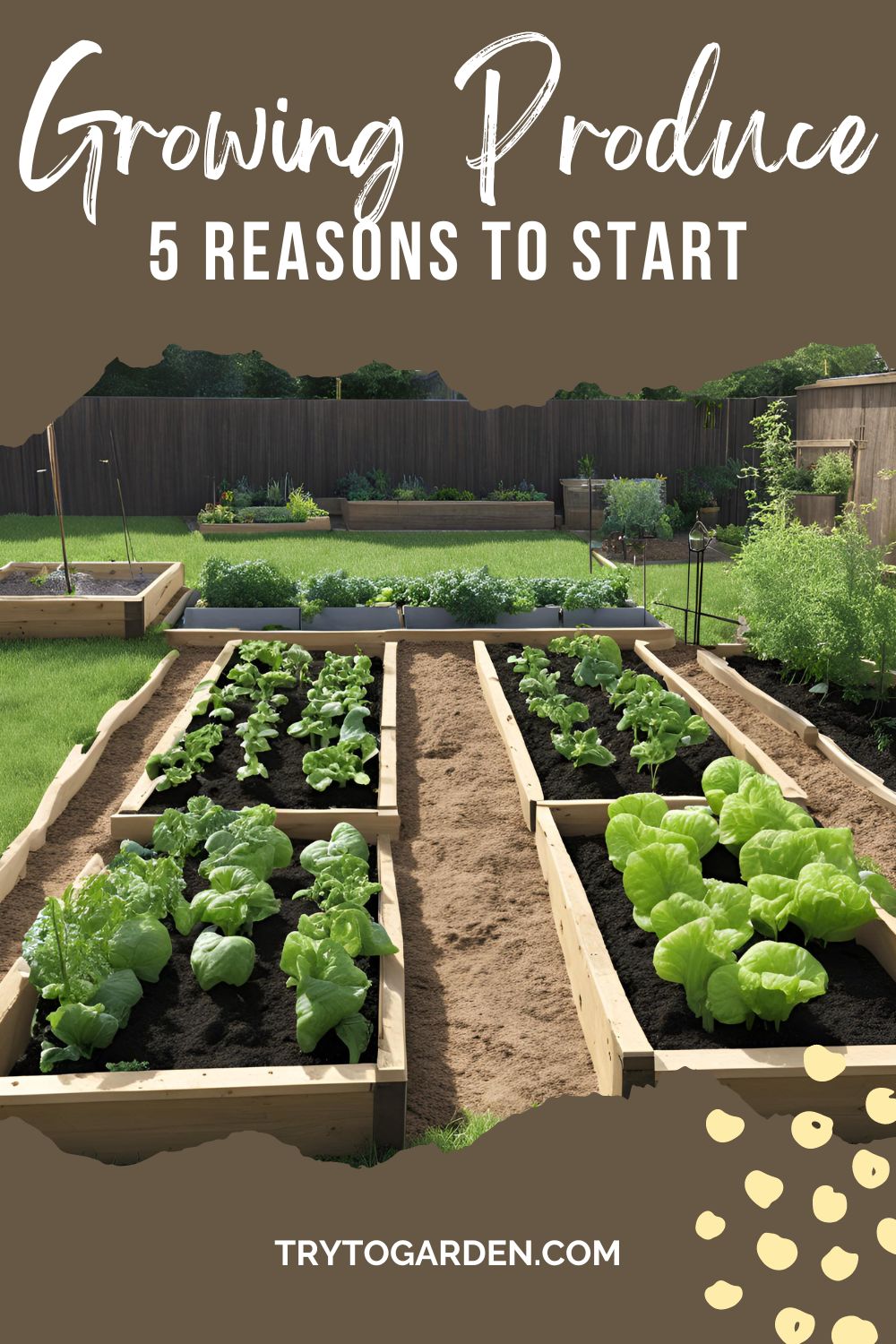
Benefits of Growing Your Own Produce
Growing your own produce comes with an array of benefits that extend beyond the dinner table.
Healthier Choices
When you grow your own produce, you control what goes into your food. This means no harmful pesticides or chemicals. You can enjoy fruits and vegetables in their purest form, which often taste better and are more nutritious than store-bought options.
Cost-Efficiency
Initially, setting up a garden might require some investment, but in the long run, growing your own produce can save you money. Seeds are much cheaper than buying produce from the grocery store, and the satisfaction of harvesting your own food is priceless.
Physical Activity
Gardening is a great way to stay active. From digging to planting to weeding, the physical effort involved in maintaining a garden can be an excellent form of exercise.
It's a fun and rewarding way to keep fit.
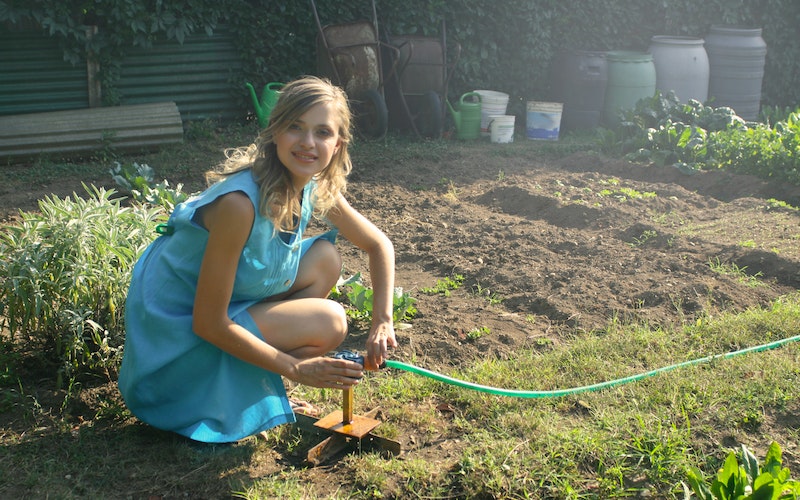
Why People Like Gardening
Gardening isn't just about producing food—it's a beloved hobby for many. Here's why.
Therapeutic Effects
Gardening is known for its therapeutic benefits. Spending time outdoors, getting your hands dirty, and nurturing plants can reduce stress and improve mental health. It's a great way to unplug from daily life and connect with nature.
Sense of Accomplishment
Watching your plants grow from seedlings to mature, fruit-bearing plants provides a sense of accomplishment. It's incredibly satisfying to see the fruits of your labor, literally, and enjoy them at your table.
Creative Outlet
Gardening offers a creative outlet. Designing your garden layout, choosing plants, and experimenting with different growing techniques allow you to express your creativity.
It's a form of art that evolves over time.
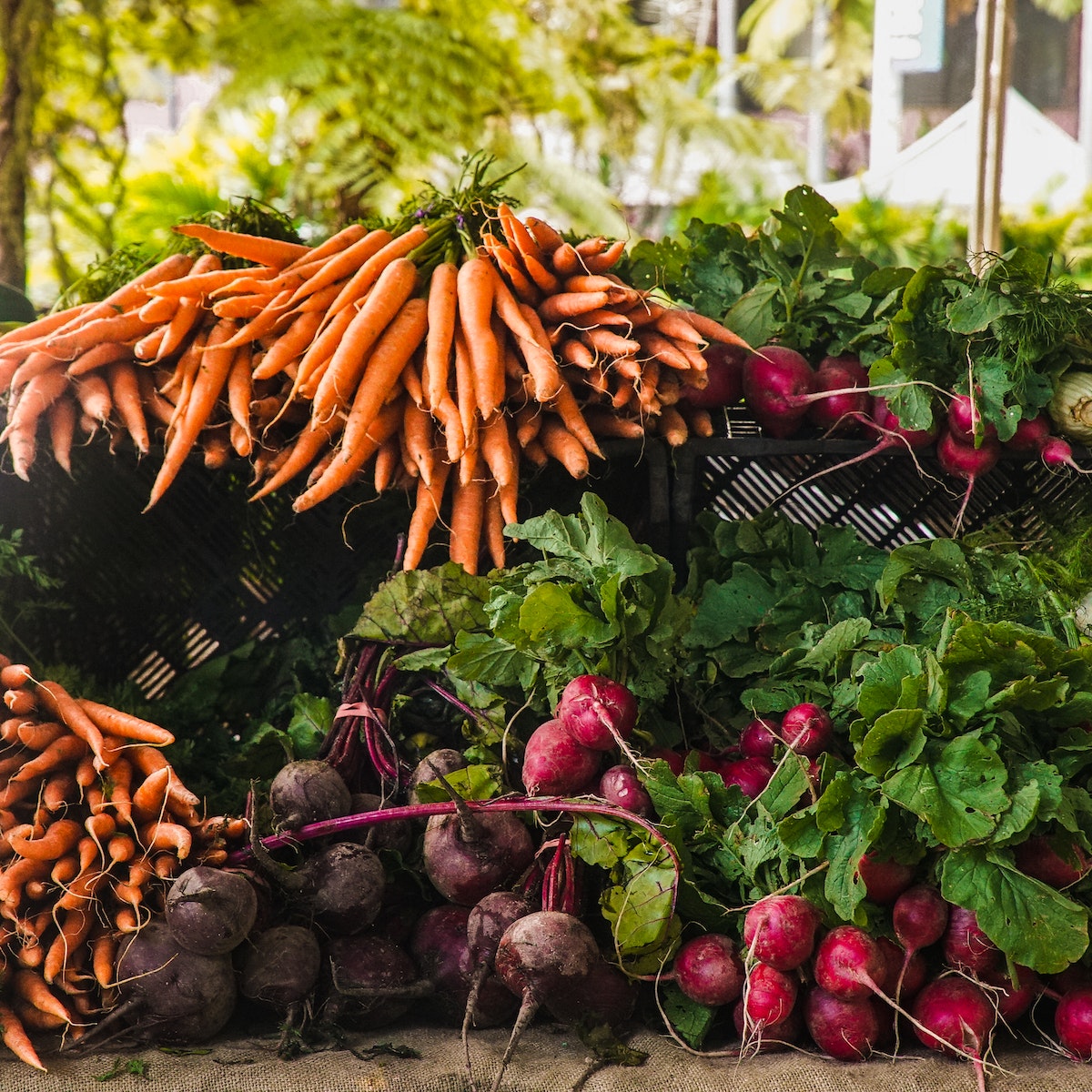
Is Growing Your Own Produce Sustainable?
Sustainability is at the heart of home gardening. But how does it stack up?
Reducing Carbon Footprint
By growing your own produce, you reduce the need for transportation, which is a major contributor to carbon emissions. Food miles—the distance food travels from farm to table—are significantly cut down when you harvest from your backyard.
Waste Reduction
Home gardening encourages the use of composting, which recycles organic waste into nutrient-rich soil. This not only reduces landfill waste but also enriches your garden soil, promoting healthier plant growth.
Biodiversity
Growing a variety of plants in your garden contributes to local biodiversity. It provides a habitat for beneficial insects, birds, and other wildlife, creating a balanced ecosystem right in your backyard.
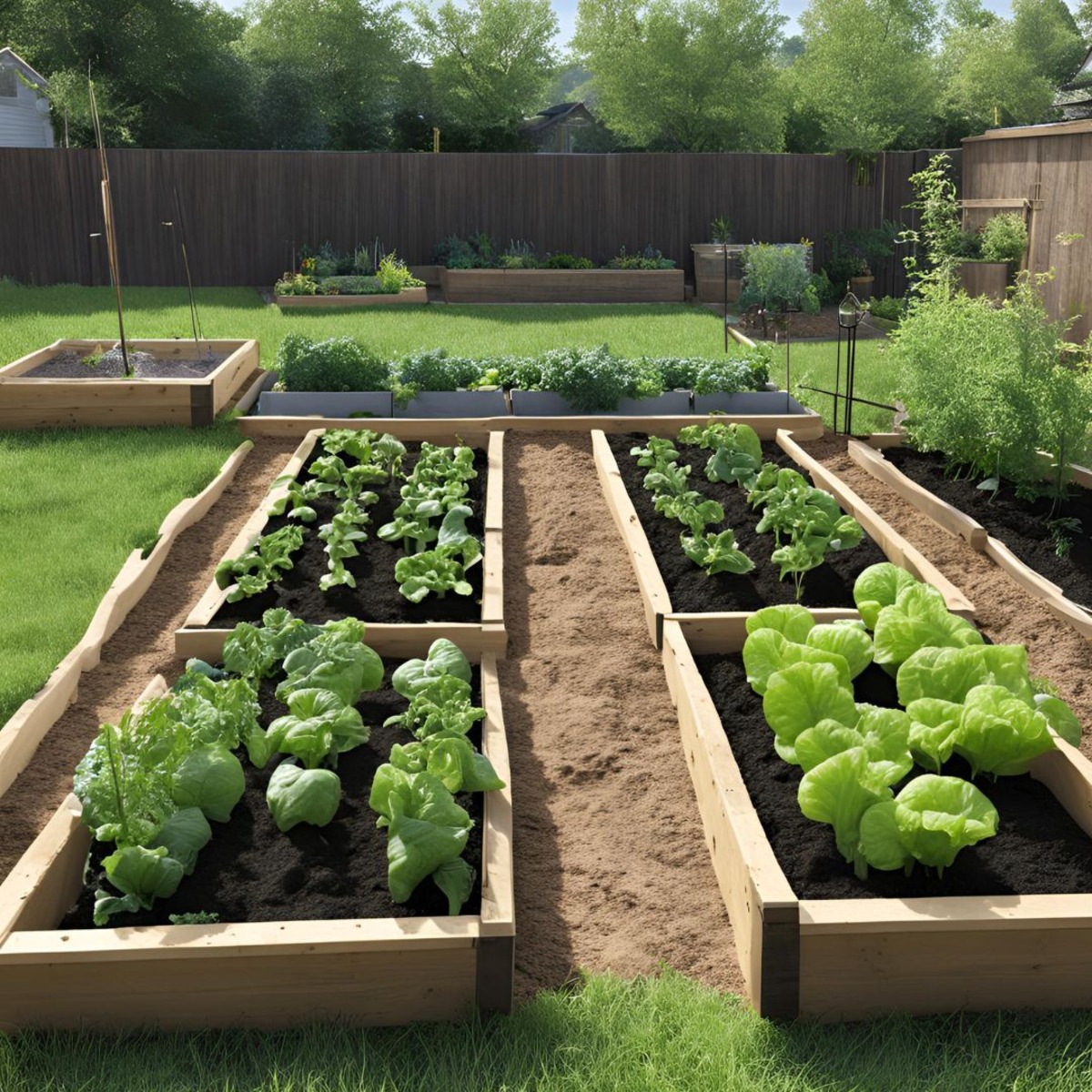
How Does Growing Your Own Produce Help the Environment?
The environmental impact of home gardening is profound and multifaceted.
Conserving Resources
Traditional farming and large-scale agriculture often consume a lot of water and energy. Home gardening, on the other hand, allows for more efficient use of resources.
Techniques like rainwater harvesting and drip irrigation can further minimize water usage.
Soil Health
Healthy soil is crucial for the environment. Home gardeners typically use organic methods that improve soil health over time. Practices like crop rotation, composting, and mulching enhance soil fertility and structure, reducing erosion and degradation.
Reducing Chemical Use
Conventional farming relies heavily on chemical pesticides and fertilizers, which can harm the environment. Home gardening often employs organic methods, reducing the reliance on harmful chemicals. This not only produces healthier food but also protects the surrounding ecosystem.
Getting Started with Your Own Garden
Ready to start your gardening journey? Here are some tips to get you going.
Choosing the Right Location
Your garden's location is crucial. Ensure it receives adequate sunlight and has good soil drainage. Whether you have a spacious backyard or a small balcony, there's always a way to start growing your own produce.
Selecting Plants
Choose plants that are suited to your climate and soil type. Start with easy-to-grow vegetables like tomatoes, lettuce, and herbs. These plants are more forgiving and can help build your gardening confidence.
Sustainable Practices
Incorporate sustainable practices like composting kitchen scraps and collecting rainwater. Use organic fertilizers and natural pest control methods to keep your garden healthy and eco-friendly.
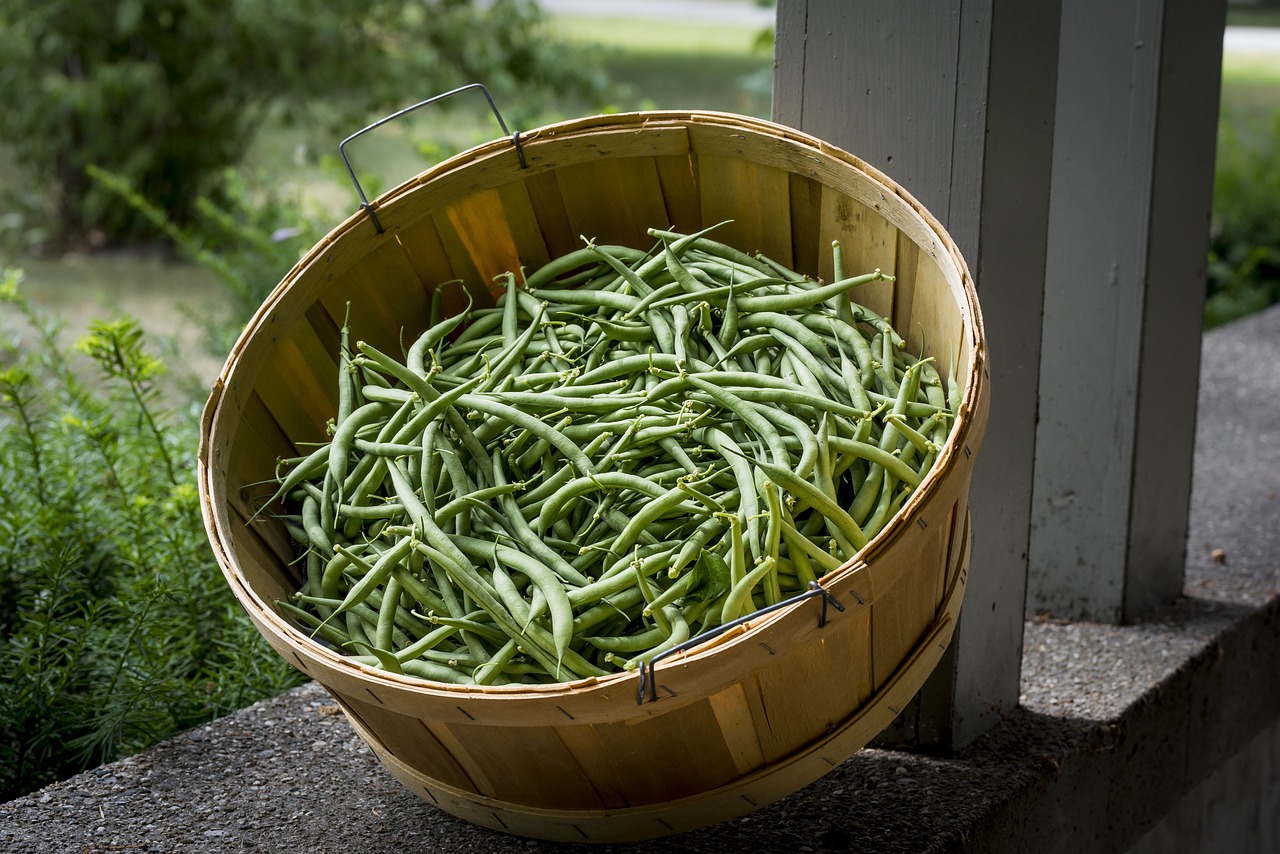
Reasons to Grow your Produce
There are many reasons to grow your own produce. Here are just a few of the most common.
It's healthy!
We all know that adding more fruits and vegetables to our diets is crucial for maintaining health. Fruits and vegetables are both packed full of vitamins and nutrients. Vegetables especially are great because many are high in fiber and can leave you feeling fuller longer, causing less snacking and leading to less runs through the drive through for fast food.
It's cheaper!
If you have space for a garden, I say get to planting! Growing your own produce can be a great way to save money! You can buy an entire pack of seeds for less than $1.00. That $1 investment can lead to a season's worth of that particular plant. Zucchini is one such plant. I've never had a zucchini plant not produce extensively throughout the gardening season.
There is the added expense of fertilizer and water, but depending on the size of your garden, those costs can be relatively minimal. (You can buy a bag of chicken manure fertilizer at Walmart for about $4).
It Tastes Better!
Growing your own produce produces vegetables and fruits that are much higher quality. I have never heard anyone claim that store bought produce tastes better than fresh grown.
You know what you are getting!
When you buy produce at your local supermarket, the fact is that you have no idea where it has come from. Okay, so technically you can look at at the little sticker that tells you the country of origin, but the reality is that you have no idea how the produce was grown or what kind of chemicals or pesticides were used in the growing process. Plus, if you have any qualms about the labor used in picking your fruits and vegetables, there is simply no way of knowing this either, which is bothersome to many.

It's fun!
Planting a garden and growing your own produce may seem like hard work, but it really is a lot of fun and a great family activity. The entire process from digging in the dirt to planting to watching your crop grow is exciting to kids! For them to plant a seed, nurture and water it and then watch it sprout is a wonderful learning experience. Plus, there comes comes a sense of pride.
So, in short, growing your own produce is a fun, easy way to eat healthy, local food that will save you money!
So, growing your own produce offers a multitude of benefits—from healthier food choices and cost savings to physical activity and mental well-being. It's a hobby that brings immense satisfaction and a sense of accomplishment. More importantly, it's a sustainable practice that can significantly reduce your carbon footprint, conserve resources, and promote biodiversity.
The path to sustainability starts with small steps, and home gardening is a significant leap in the right direction. Ready to take the plunge? Connect with fellow gardening enthusiasts, share your progress, and immerse yourself in the rewarding world of growing your own produce. By cultivating your garden, you're not just feeding yourself; you're nurturing the planet.
So, happy gardening, and may your harvest be bountiful!
Other articles you may find useful:

